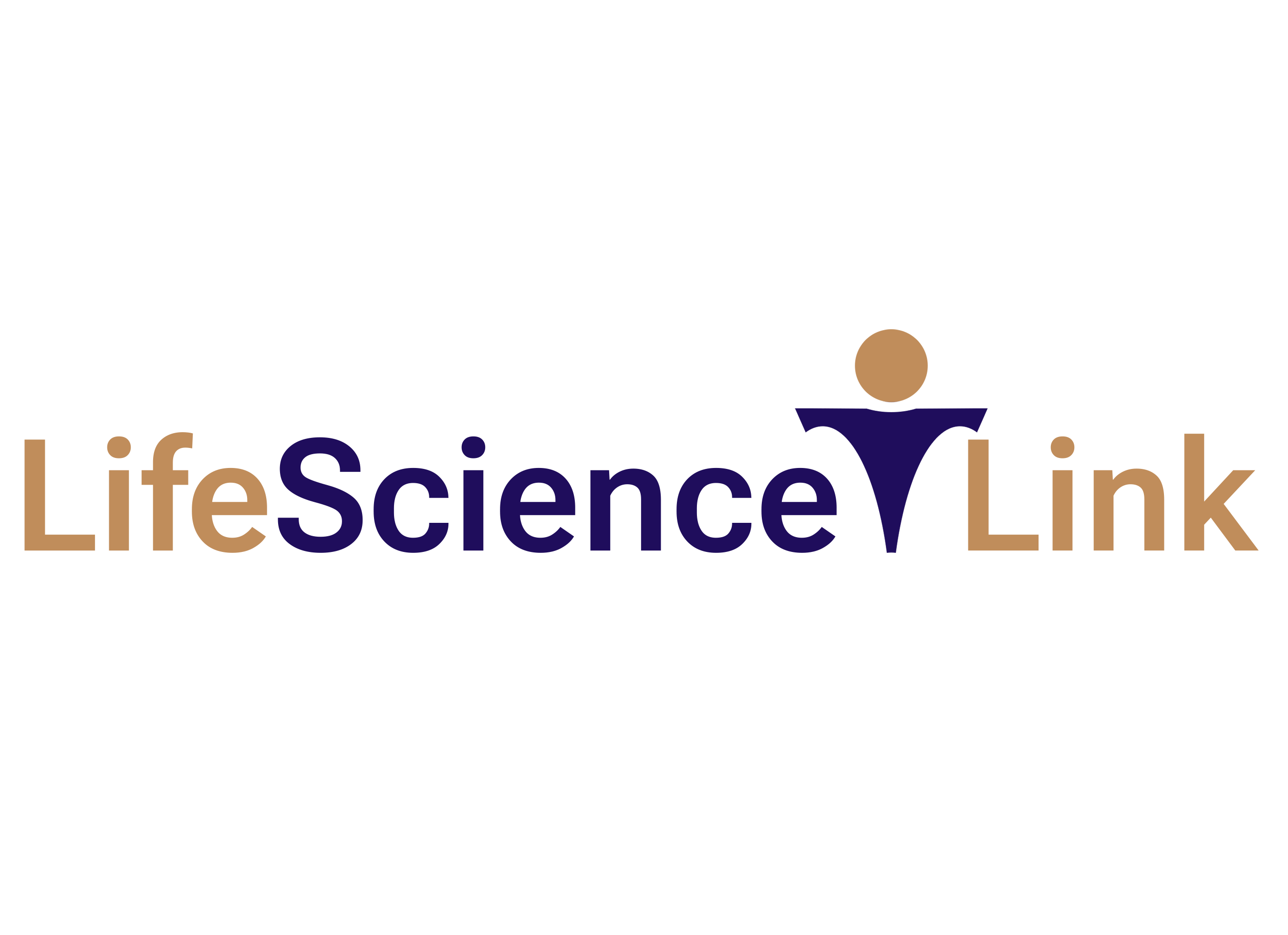Introduction
Regulatory Affairs serves as a foundational pillar within Clinical Research Organizations (CROs), wielding immense strategic importance throughout the drug development lifecycle. In this comprehensive exploration, we delve into the multifaceted role of Regulatory Affairs in CROs, elucidating its pivotal contributions to compliance, risk mitigation, global regulatory navigation, strategic planning, talent investment, and client value proposition.
Compliance and Risk Mitigation
At the heart of Regulatory Affairs within CROs lies the mission-critical task of ensuring unwavering compliance with intricate regulatory frameworks governing clinical research. Regulatory professionals meticulously interpret and implement regulations set forth by agencies such as the FDA, EMA, and ICH, meticulously safeguarding the integrity and ethical conduct of clinical trials. Their proactive risk assessment and mitigation strategies minimize the probability of regulatory delays or non-compliance issues, fortifying the foundation of the drug development process.
Global Regulatory Navigation
Navigating the labyrinthine landscape of global regulatory requirements, Regulatory Affairs teams within CROs serve as adept navigators, harmonizing submissions and ensuring compliance across diverse jurisdictions. Armed with comprehensive knowledge of regional regulations and adept cross-functional collaboration, Regulatory professionals streamline multi-center trials, fostering operational efficiency and expediting regulatory approvals. Their astute interpretation and application of regulations empower CROs to conduct trials seamlessly on a global scale, enhancing client confidence and operational agility.
Strategic Planning and Client Value Proposition
Regulatory Affairs transcends its operational function to become a strategic linchpin within CROs, offering invaluable insights into evolving regulatory trends and requirements. Through proactive engagement with regulatory authorities and robust risk assessment methodologies, Regulatory professionals equip CROs with the foresight to anticipate regulatory challenges and optimize trial designs accordingly. This strategic acumen bolsters the value proposition of CROs, assuring clients of regulatory compliance, operational excellence, and accelerated timelines, thereby fostering enduring partnerships and bolstering competitive advantage.
Investment in Talent and Expertise
Recognizing the pivotal role of Regulatory Affairs in driving operational excellence and client satisfaction, leading CROs prioritize investments in talent development and expertise within this critical function. Regulatory specialists undergo rigorous training and professional development initiatives, equipping them with the requisite knowledge and skills to navigate complex regulatory landscapes adeptly. By fostering a culture of continuous learning and innovation, CROs ensure that Regulatory Affairs teams remain at the forefront of regulatory compliance, poised to address emerging challenges and seize strategic opportunities effectively.
Conclusion
In summary, Regulatory Affairs emerges as a strategic imperative within CROs, underpinning the successful execution of clinical trials and advancing the mission of drug development. Through unwavering commitment to compliance, proactive risk mitigation, global regulatory navigation, strategic foresight, and talent investment, Regulatory professionals elevate the operational efficiency and client value proposition of CROs. By embodying excellence in regulatory compliance and operational agility, CROs strengthen their position as trusted partners in the drug development ecosystem, driving positive outcomes for patients, stakeholders, and society at large.

